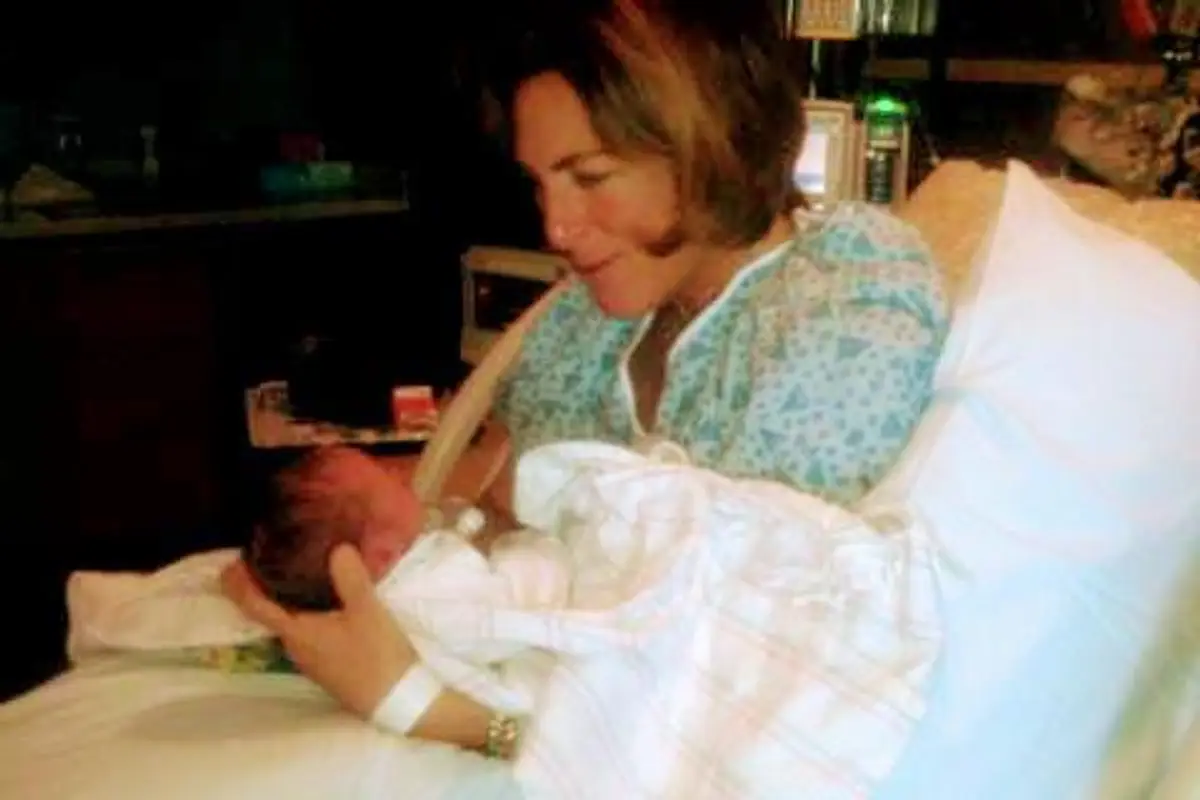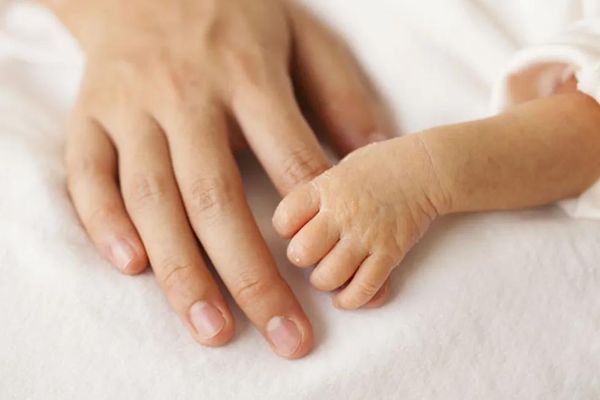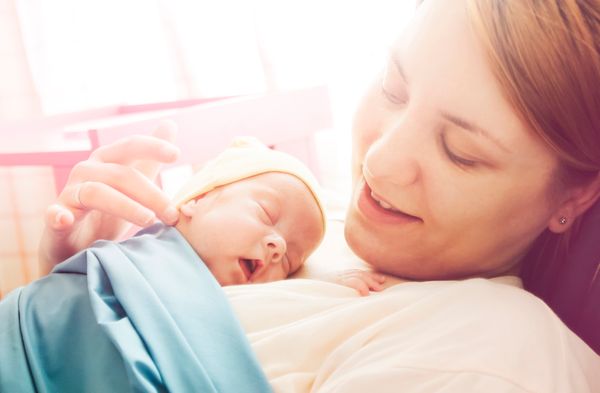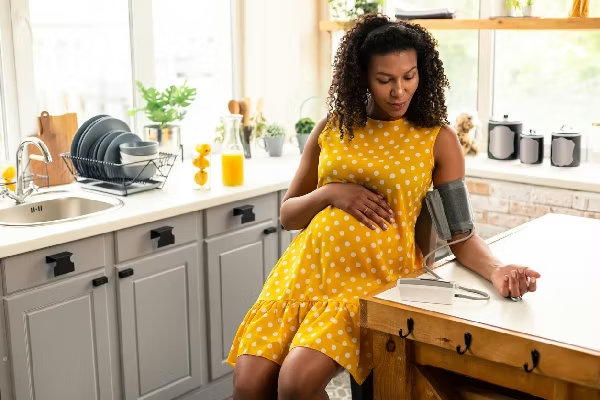As told to Nicole Audrey Spector
As a maternal fetal medicine nurse, I'm used to running around from one patient to the next. But on that day in December 2012, the floor was unusually quiet.
So I figured, "What the heck? May as well go have my fetal stress test done."
Just shy of 36 weeks pregnant, I had another eight days to go before my pregnancy would be full-term.
I expected my blood pressure reading to be normal because I felt perfectly fine. No headache, no seeing spots, no nausea or any other symptom that would indicate hypertension. So when my nursing colleague told me my blood pressure was high, I thought it had to be a mistake, that maybe the cuff was not on right.
Taking my blood pressure was something I'd been doing regularly throughout my pregnancy. It's a good habit that I recommend to all my expectant mothers. Understanding what your blood pressure numbers are is equally important because you never know when high blood pressure, often called a silent killer, will strike.
My nursing colleague took my blood pressure a second time. And a third time. It wasn't going down, and my anxiety was going up. I was told to hand off my current patients to my co-workers and come back to be admitted as a patient.
Anyone who is 35 and over is considered of advanced maternal age. At 42, I was all too aware that I was at high-risk for complications. But up to this point everything had been normal.
If my blood pressure continued to stay high, complications could quickly start to happen including preeclampsia — a dangerous pregnancy complication marked by hypertension and evidence of damage to other organs, usually the kidneys or liver.
Preeclampsia most commonly occurs in women who are 20 weeks pregnant or more. We lost a mom and her baby on our floor to the condition a few months earlier. We were all still carrying that raw grief and I knew exactly what my nursing team was thinking when they came in and out of my room.
There's no clear way to prevent preeclampsia, and the only way to treat it (when you're as far along as I was), is to deliver the baby.
As a nurse, this all made perfect sense to me. But as a pregnant woman having her first baby, I felt the world spinning out of control. There had been no warning signs.
I couldn't possibly give birth now! It was still too early. And by too early, I don't just mean early; I mean preterm — which makes for a higher risk for complications for the baby, who is not yet entirely ready to be born.
I wanted to hit that 36 week mark because it meant less testing for the baby and transfer to the regular nursery instead of the neonatal nursery. I just needed one more day to get there.
But there was no way of getting around it. This was happening, and it was happening fast.
My amazing doctor called me on his way to the hospital and said, "Listen to me, we got this far. I am not going to lose that baby and more importantly, I am not going to lose you."
He told me what I already knew but couldn't bear to hear: I needed an emergency C-section.
It was then that I realized I would need to take off my nurse hat and do what every pregnant woman in my position must do: put all my faith and trust into the excellent medical team taking care of me. I was lucky to know them all from working with them. There was no question that I was in the best hands.
And so I surrendered — and hoped with all my might that my baby and I would come out of this okay.
Fortunately, the cesarean section was a success. My blood pressure stabilized, and my sweet boy was born at 35 weeks, weighing 5 pounds, 18 ounces, and was 21 inches long.
I longed to hold and nurse him immediately, but because he was born preterm, he was whisked into the special care nursery where he remained for five agonizingly long days.
When my son and I were finally home together, I expected to feel relieved, but I felt even more frantic than I had in the hospital.
The baby's nursery, still being assembled when I'd undergone the emergency C-section, was in total disarray. The walls needed to be repainted, and there were still unopened boxes from my baby shower a week prior.
My husband and a few close friends came to the rescue, encouraging me to rest and reminding me I'd just undergone surgery and needed to take it easy.
The nurse and the perfectionist in me wanted everything to be exactly as it should be. But just like in the hospital, I had to take a deep breath and remind myself it would all be okay.
It was the most difficult time of my life, and yet also the most beautiful, because we made it through. But often I wonder, "What if I hadn't randomly taken my blood pressure that day?"
My son and I might not be alive today.
More education on pregnancy and heart health is needed. It is important to know what your blood pressure numbers are, write them down so you can see them, and then when you have your blood pressure taken, you will know if your numbers are stable or if your blood pressure is going up. Know the signs and symptoms of high blood pressure — though the tricky part is that like me, you may not experience any symptoms. Trust your gut feeling. If something doesn't feel right or something feels different, call your healthcare provider immediately.
This is why I tell all my pregnant patients to keep all their prenatal appointments and to frequently take their blood pressure. If you can, just walk into a pharmacy or a grocery store where there are blood pressure machines available.
It's a simple thing to do. And it might just save your — and your baby's — life.
High blood pressure (aka hypertension) is common in pregnant women, occurring in one in every 12 to 17 pregnancies among those ages 20 to 44, according to the CDC.
This resource was created with support from Covis.
- Preterm Delivery Puts Moms at Risk, Too ›
- Clinically Speaking: Questions to Ask Your Healthcare Provider About Preterm Birth ›
- The Equipment Needed to Help Save a Premature Baby's Life ... ›
- Premature Baby Care Tips - HealthyWomen ›
- Born Too Soon - HealthyWomen ›
- High Blood Pressure Symptoms You Should Never Ignore - HealthyWomen ›
- Did You Know There Are Early Warning Signs for Hypertension? - HealthyWomen ›







